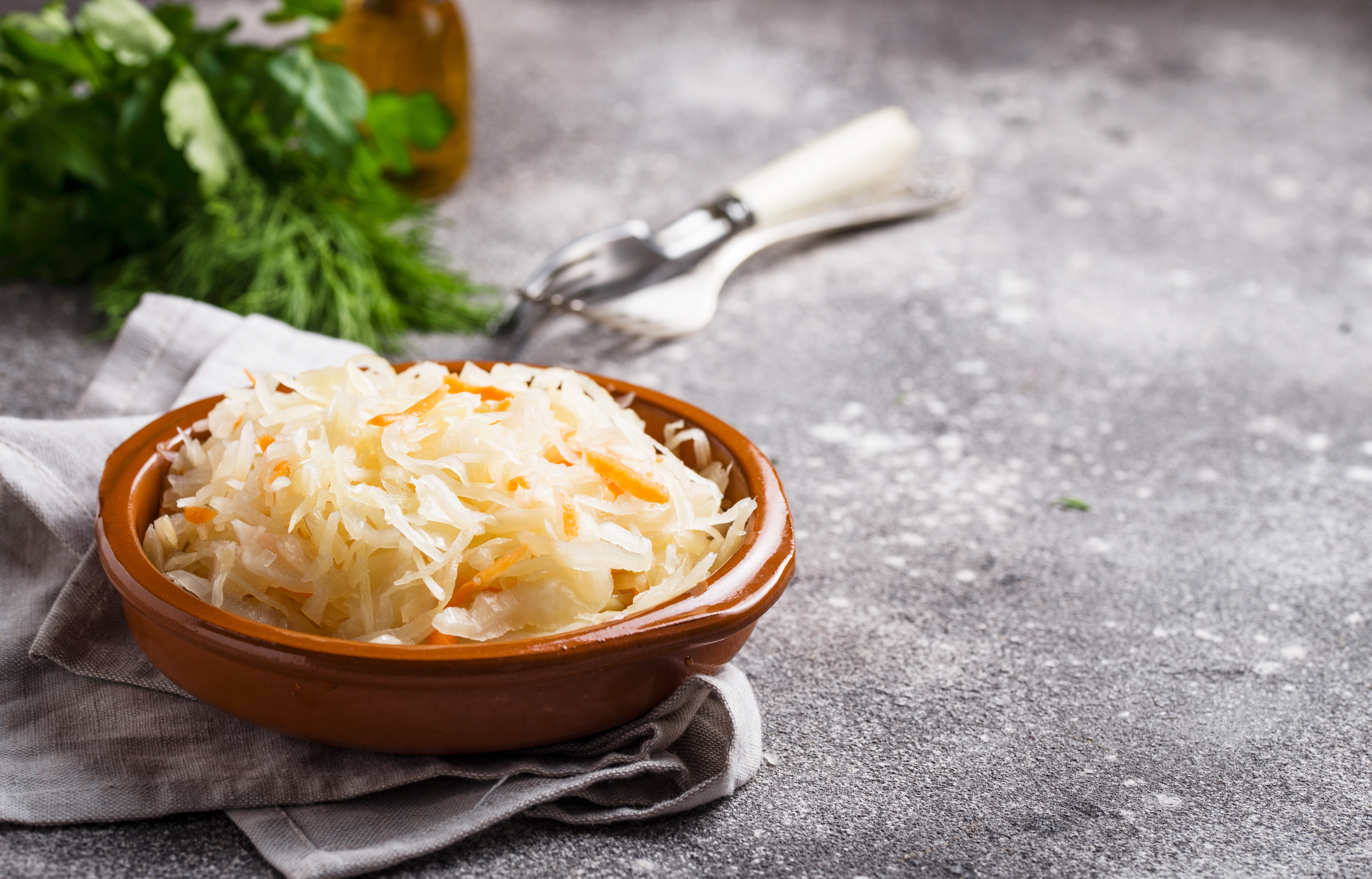13 Easy Home Remedies for a Gut That Works Like Clockwork
In recent years, the importance of gut health has emerged as a pivotal element in achieving overall well-being. Our gut, often referred to as the "second brain," plays a crucial role in not just digestion but also in influencing our mood, immune system, and even our mental health. As we delve into the intricate relationship between our gut and our health, it becomes evident that nurturing this delicate ecosystem is paramount. This article aims to uncover 13 secrets to maintaining a happy gut through simple home remedies, offering practical solutions that are easy to incorporate into daily life. These remedies are not just about improving digestion but also about fostering a holistic approach to health that balances body and mind.
1. The Power of Probiotics

Probiotics, the beneficial bacteria residing in our gut, are essential for maintaining a balanced microbiome. These microorganisms aid in digestion, enhance nutrient absorption, and bolster the immune system. Incorporating probiotic-rich foods like yogurt, kefir, sauerkraut, and kimchi into your diet can significantly improve gut health. Probiotics help in replenishing the good bacteria, especially after a course of antibiotics, which can disrupt the natural balance. Regular consumption of these foods not only supports digestion but also reduces the risk of gastrointestinal issues such as bloating, constipation, and diarrhea. Moreover, research suggests that probiotics can have a positive impact on mental health by reducing symptoms of anxiety and depression, further highlighting the gut-brain connection.
